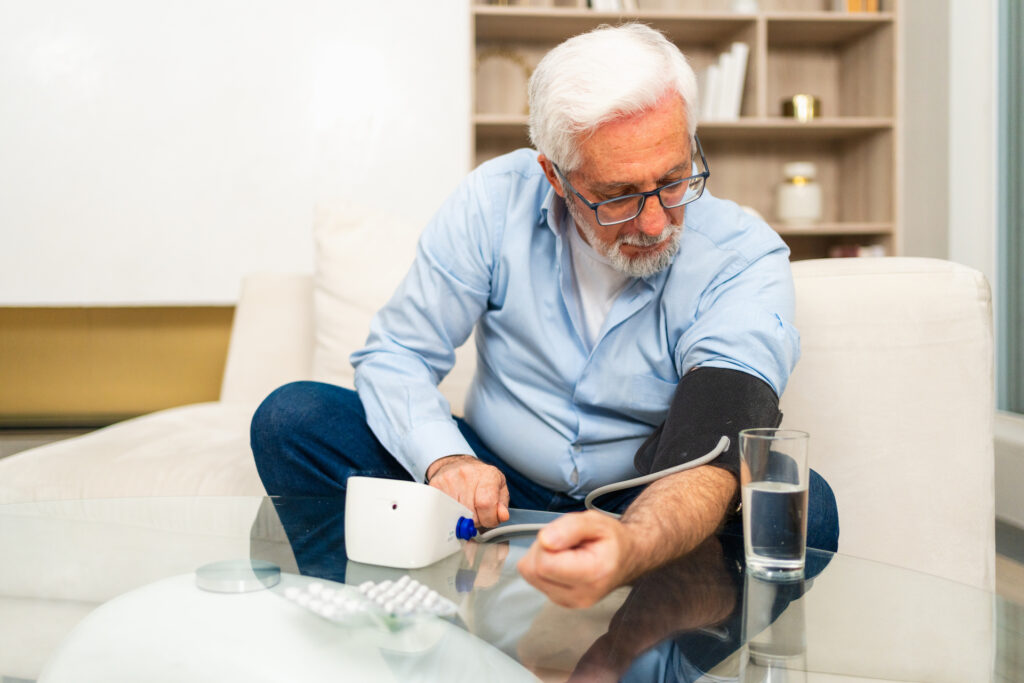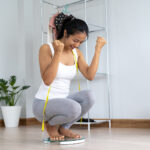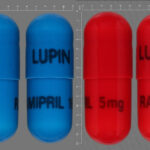Many people believe one pill or one salty meal will instantly change their blood pressure. They are surprised and confused when the pills or salty meals won’t show up in their blood pressure readings. That’s not how it works. Here is why.
Medications work over time
Blood pressure medications usually don’t work immediately. Most take days or even weeks to reach full effect.
For example:
- Losartan (50–100 mg): starts lowering blood pressure in 6 hours. Full effect: 3–6 weeks.
- Amlodipine (5–10 mg): may take 7 days for visible change. Full effect: 2–4 weeks.
- Hydrochlorothiazide: works within 2 hours. Maximum effect: 3–4 weeks.
Your body needs time to adjust. Arteries need to relax. Hormone levels must rebalance. The kidneys need to adapt to different salt and fluid levels.
You might see a 5 mmHg drop in 1–2 days. But a 15 mmHg drop often takes weeks.
Some effects are hidden
Many meds affect pressure peaks, not just daily averages. For example, beta blockers (like metoprolol) reduce morning spikes. But if you only measure in the evening, you may not notice this.
Also, blood pressure can fluctuate 10–15 mmHg during a normal day. One reading doesn’t tell you much. You need averages over time.
One salty meal won’t spike your reading right away
Let’s talk food. Salt raises blood pressure, but not instantly. If you eat pickles, ramen, or fast food, your blood pressure won’t rise 30 points in an hour.
Here’s why:
- Your kidneys need time to process the sodium.
- Sodium retention increases slowly, over 1–2 days.
- This raises fluid levels, which raises pressure.
- Hormones like aldosterone and renin adjust gradually.
In most people, a salty meal increases systolic pressure by 2–5 mmHg the next day. If you eat salty meals daily, the effect builds up.
Example:
- Normal sodium intake: 2,000 mg/day
- After one pizza meal: 3,500–4,000 mg
- After one day: minimal impact
- After 7 days: systolic pressure may rise 5–10 mmHg
- In salt-sensitive people: 10–20 mmHg
Caffeine works faster, but short-term
Caffeine can raise blood pressure quickly—but only for a few hours.
- 1 cup of coffee (100 mg caffeine): raises systolic pressure by 5–10 mmHg in 30 minutes
- Peak effect: 1 hour
- Wears off in 3–4 hours
It doesn’t cause long-term hypertension in most people. But if you check your pressure right after coffee, it might be high.
Stress raises pressure too, but temporarily
Acute stress can raise blood pressure a lot.
- Anxiety or panic: systolic pressure may spike to 160–180 mmHg
- Diastolic may rise 10–20 mmHg
- Effect lasts minutes to hours
- Goes back down when the body calms down
If you test during or right after stress, you may see high numbers. That doesn’t mean your meds failed or your diet is bad.
Blood pressure reacts slowly to good habits
Exercise, weight loss, and diet changes help, but gradually.
- 30 minutes of brisk walking: lowers pressure by 5–10 mmHg after 1–2 weeks
- 5 kg (11 lbs) of weight loss: reduces systolic by 5–15 mmHg
- DASH diet (low salt, high potassium): lowers systolic by 8–14 mmHg, but only after 1–2 weeks of consistent eating
You won’t see results tomorrow. But the long-term impact is powerful.
Wrong conclusions are common
Here are common mistakes people make:
- “My pressure is high today. That means the new med isn’t working.”
- “I had low pressure today. That means the salty food I ate didn’t matter.”
- “My numbers were better before meds. I should stop taking them.”
These are wrong. One reading is not enough. Blood pressure is dynamic. Many factors affect it. The timing matters.
What to do instead
- Track your readings daily, at the same time.
- Use a validated home monitor.
- Wait at least 30 minutes after food, caffeine, or stress.
- Compare weekly averages, not single numbers.
- Give meds and lifestyle changes 2–4 weeks.
Bottom line
Blood pressure changes slowly. One pill, one meal, or one workout won’t show immediate results. Don’t expect instant feedback. Stay consistent. Give your body time. Watch the trend, not the spike.
Sources
Healthline. Fluctuating Blood Pressure: Causes, Treatment, Risks …
Mayo Clinic. Blood pressure: Does it have a daily pattern?






